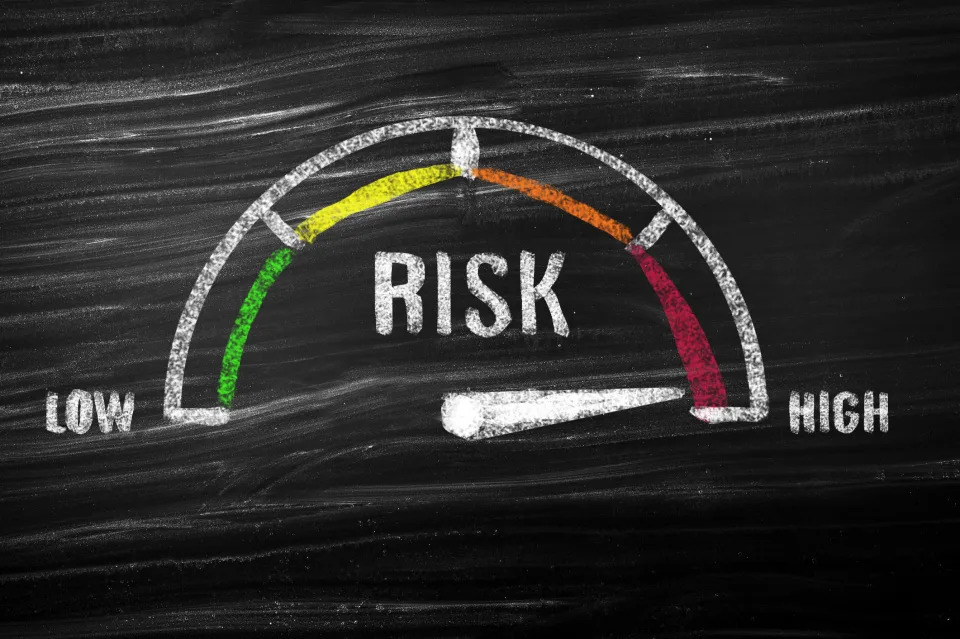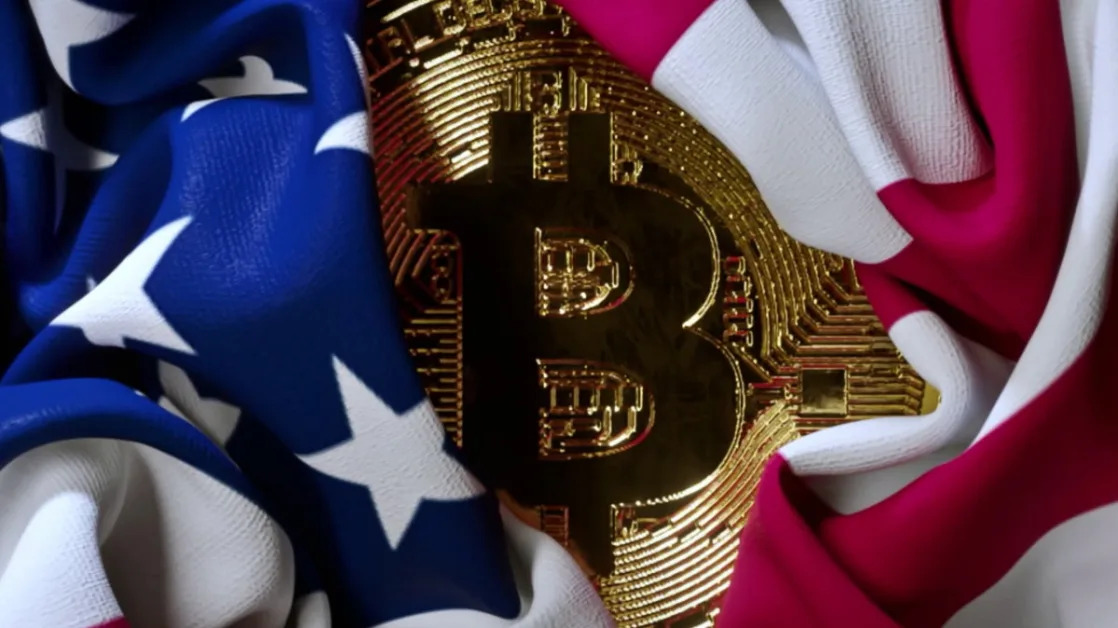
Bitcoin (CRYPTO: BTC) continues to prove that it's one of the best performing assets out there. In the past five years, it has soared 1,200%, with a monster 127% gain just in 2024 (as of Dec. 4) to push above the $100,000 mark for the first time. Bitcoin's tremendous momentum is certainly drawing lots of investor attention for those looking to potentially boost their portfolio returns.
But before you buy the world's most valuable cryptocurrency , here are five risks you need to know.
Are You Missing The Morning Scoop? Wake up with Breakfast news in your inbox every market day. Sign Up For Free »
1. Government intervention
Because Bitcoin is a global and decentralized digital currency that isn't controlled by a single authority, it is a direct threat to central banks across the world, as well as their fiat currencies. Consequently, it's obvious that a risk would be governments making it illegal to own and mine the crypto within their borders, thus aiming to eliminate a competing monetary system.
With a Trump administration entering the White House, the market is optimistic that regulations friendly to the crypto industry will be put into place here in the U.S. There's even talk of creating a national Bitcoin strategic reserve.
2. Technical challenges
Other well-known cryptocurrencies, like Ethereum , Solana , and Cardano , aim to be top networks for the development of decentralized applications . And as a result, they all have complex plans to implement software updates that work to improve functionality and security.
But there's always a risk that a new update introduces technical challenges if there are software bugs or errors. Bitcoin is different in that its setup is very simple.
That hasn't prevented the community from occasionally adding updates to the blockchain, whether it's to improve scalability or privacy. If a complicated upgrade is introduced, one that exposes Bitcoin's network to malicious actors, it could result in lost confidence and a price that tanks.
3. Quantum computing
Bitcoin's security comes from something called public key cryptography . Only the person who knows the private keys is able to send their Bitcoin holdings.
There are worries that quantum computing, which essentially consists of supercomputers that can handle extremely complex problems, could crack Bitcoin's cryptographic setup. This could expose everyone's private keys, making the entire network worthless.
In this unfavorable scenario, other highly secure data repositories would also be in serious trouble. Think about government nuclear codes or banking information held by financial institutions. The world would be in big trouble.
I don't doubt that Bitcoin developers are hard at work trying to defend the network against quantum computing. Or even better, maybe there's a way to incorporate quantum computing tactics to strengthen Bitcoin.
4. How to increase speed
One of Bitcoin's most notable criticisms is that it's too slow. As of this writing, its blockchain can process only about six transactions per second. That's far below Visa 's 65,000.
The Lightning network , a Layer-2 scaling solution meant to speed up transaction times and lower costs, is a possible fix. This could make Bitcoin a more viable method of payment.
But what if it is never able to scale up in a secure manner and handle more transactions? Then being a store of value will be its only real use, a perspective that could feed the bearish narrative.
5. Volatility concerns
Given its incredible historical performance, Bitcoin has undoubtedly been able to raise someone's purchasing power over time. But there are still critics who will point to its failure at becoming a true store of value. That's due to its heightened volatility. The crypto has experienced multiple drawdowns of greater than 50% in the past, which can be extremely difficult to deal with.
As Bitcoin matures, with more owners and more capital flooding in, perhaps its volatility will start to decline. It's no longer still an esoteric internet money. Instead, it's a legitimate global financial asset now.
But if volatility remains, it could keep a large of number of investors away. And this hurdle could cap Bitcoin's true potential.
Before you buy stock in Bitcoin, consider this:





